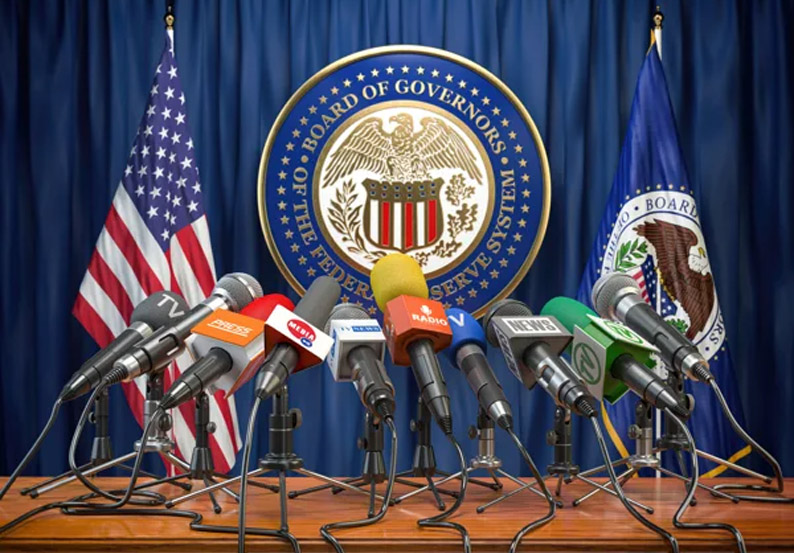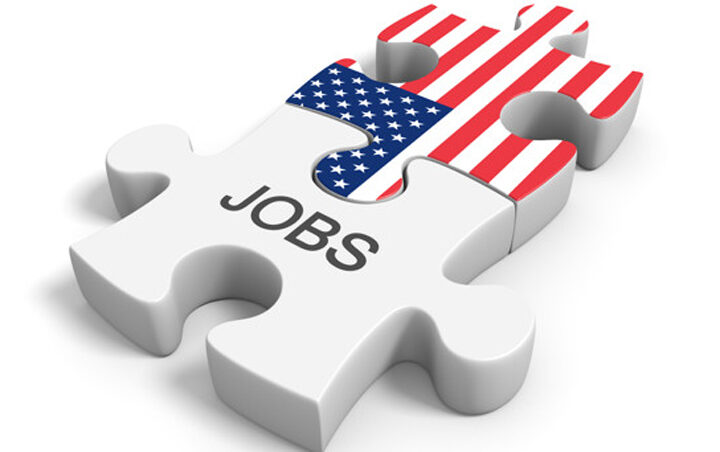The Federal Reserve appears to be making its position clear: interest rate cuts are not imminent, warned the CEO of one of a eading financial advisory and asset manager.
The deVere Group’s Nigel Green said that the minutes of the last meeting of the FOMC rate setting committee revealed that officials from the US central bank in January expressed their readiness to hold interest rates steady due to sticky inflation and economic policy uncertainty.
According to the Fed minutes, “participants cited the possible effects of potential changes in trade and immigration policy, the potential for geopolitical developments to disrupt supply chains, or stronger-than-expected household spending.”
“The minutes from the January policy meeting seem to confirm that officials are in no hurry to ease monetary policy, aligning with deVere Group’s base case that rate cuts remain a distant prospect,” said Green.
“The central bank’s cautious stance reflects the risk of inflation reigniting and current financial conditions and trade policy changes keeping pressure on policymakers to stay the course.”
He said that markets had been looking for any hint of dovishness, especially after last week’s mixed inflation data and a sharp drop in retail sales that temporarily pushed Treasury yields lower.
“However, the minutes appear to reinforce the Fed’s wait-and-see approach, with members expressing concern over cutting rates too soon.”
The deVere CEO added that, “this is precisely what we have been warning about — investors betting on imminent rate cuts could be setting themselves up for disappointment.
“The Fed is making it clear that inflation remains a risk, and that premature cuts could backfire. The reality is that policymakers are still evaluating economic data, and shifting policy, and there’s seemingly no urgency to shift gears,” he said.
Tariffs to push inflation higher
Adding another layer of complexity, Trump’s proposed tariffs could further delay rate cuts. These tariffs would likely push inflation higher, forcing the Fed to maintain its restrictive stance for longer.
Protectionist policies risk driving up costs for businesses and consumers, making it even harder for the central bank to justify rate cuts in the near future.
The Fed’s reluctance to cut rates contradicts the market optimism that had built up in recent months. Investors had priced in multiple cuts, but the data-driven approach outlined in the minutes suggests such expectations are overly ambitious.
Policymakers remain focused on ensuring inflation does not make a significant comeback, which means rate cuts could be pushed much further out than markets had hoped.
Nigel Green concluded that, “the Fed minutes seem to confirm what should have been evident — policy easing will only happen when conditions warrant it, not because markets want it. This has major implications for investors who need to position themselves accordingly.”








